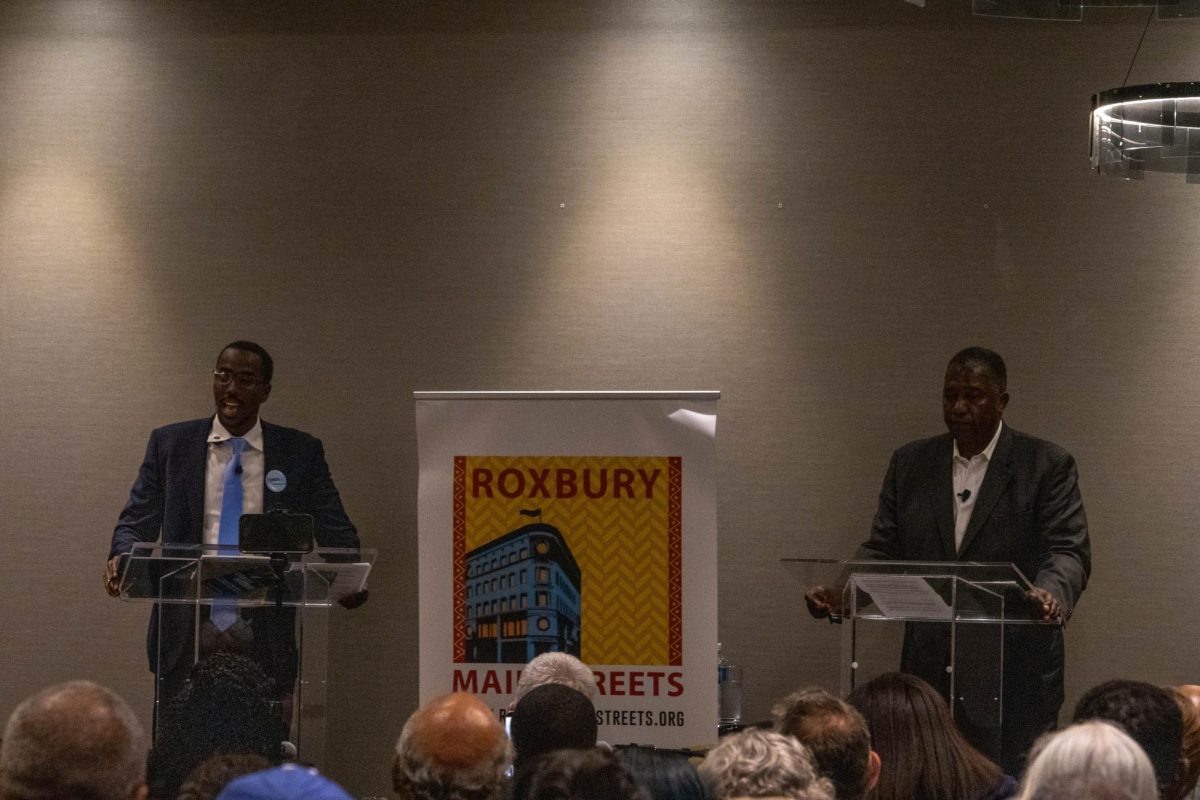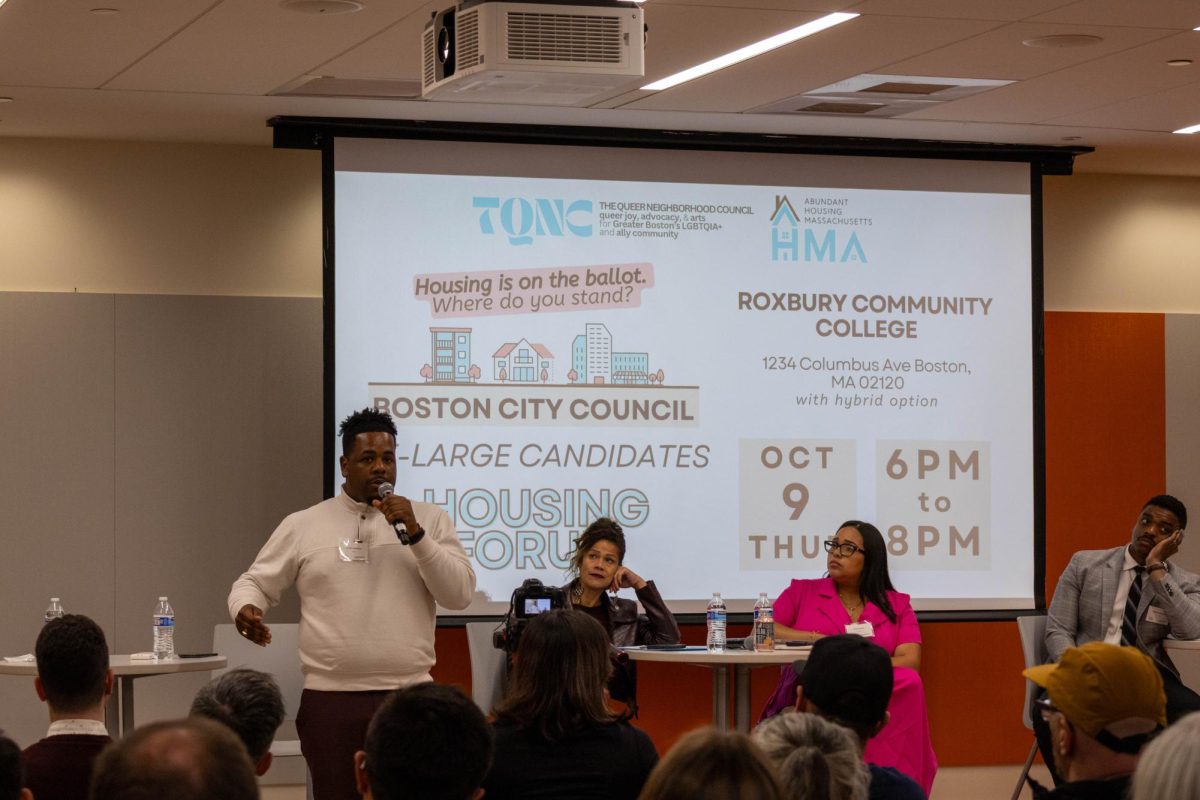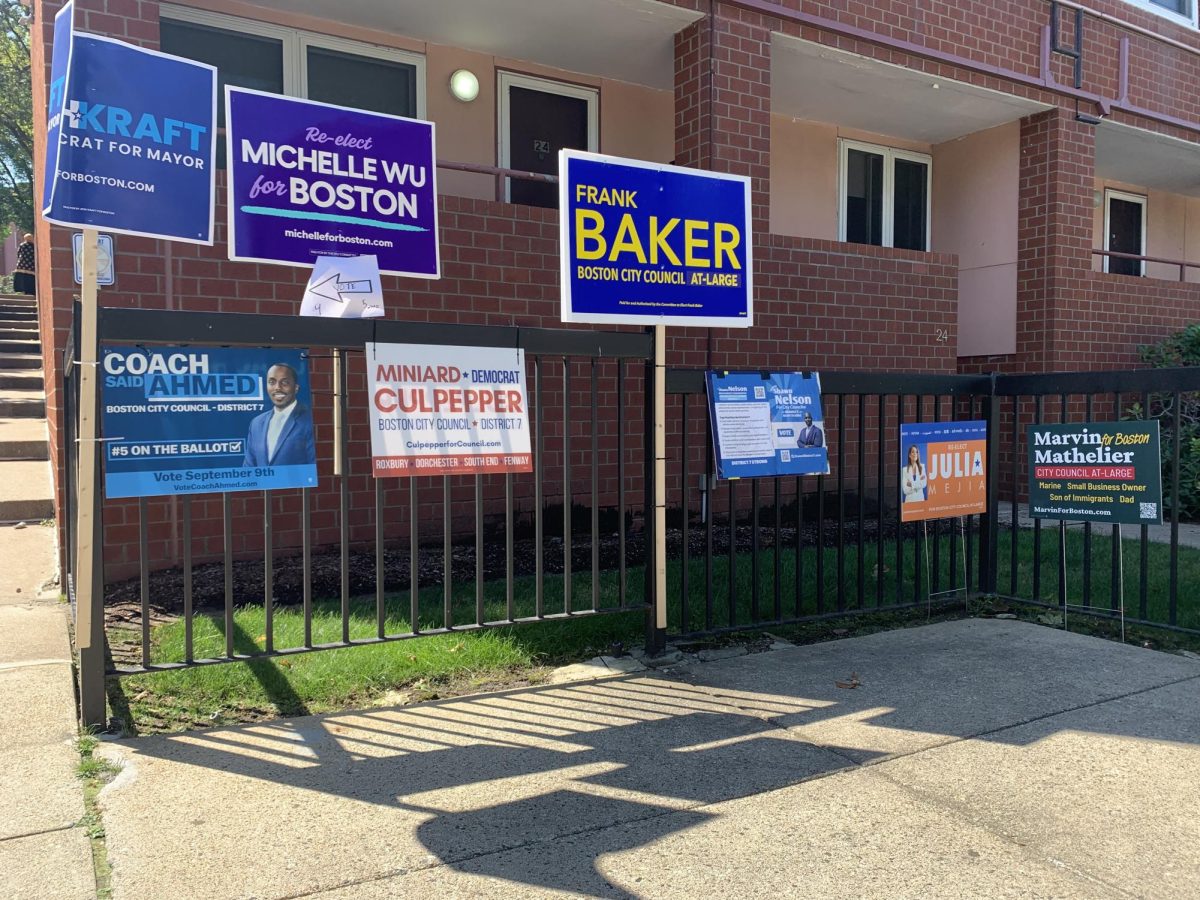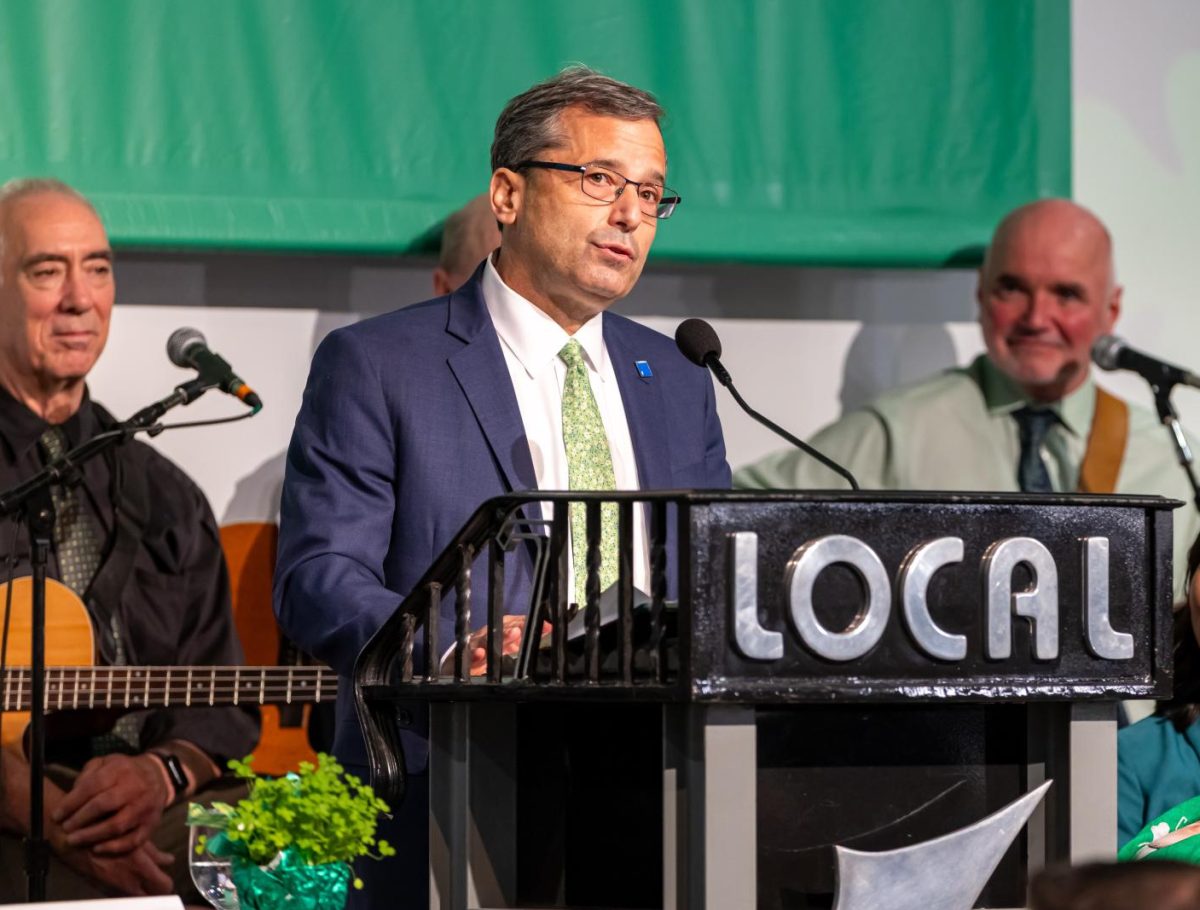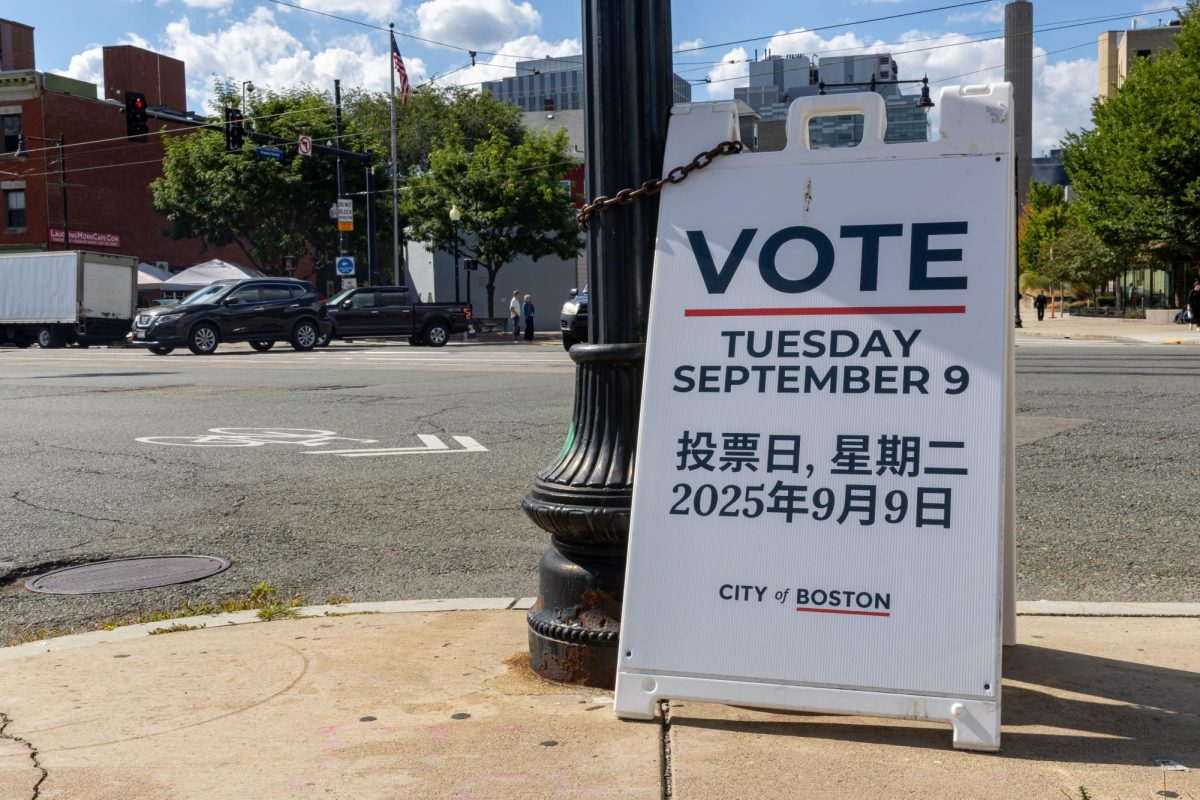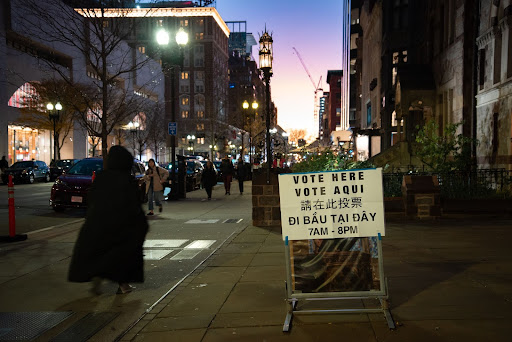District 7 candidates, Rev. Miniard Culpepper and “Coach” Said Ahmed, spoke on their policies and refuted pointed comments at a city council debate Thursday night.
Roxbury Main Streets coordinated the debate on Oct. 16 in partnership with Roxbury Cultural District, The American City Coalition, Urbanica, and Urban League of Eastern Massachusetts. The event allowed for cross-talk and rebuttals, which, in some instances, led the moderators to remind both candidates that it was a civil debate.
Small businesses were the first topic of discussion. District 7 is home to many local businesses that are under financial stress from a myriad of factors, including tariffs and “early closing.” Candidates Culpepper and Ahmed were asked what actionable steps they would take to assist small businesses and prevent early closing in their district. Ahmed’s responses emphasized developing affordable commercial spaces for local businesses, especially those owned by women of color. Culpepper mentioned his work on “Empowerment Zones” in Detroit and how that can be translated into Boston’s economy.
Following a lively discussion about small businesses came questions about Nubian Square, a region within the District 7 neighborhood in Roxbury, that is home to many local businesses and residents. This promising area is often a topic of local politics since historical underinvestment and poor air quality have increased homelessness and public drug use. Candidates were asked about the struggles of Nubian Square and how they plan to solve them.
Culpepper suggested increasing public safety measures to make Roxbury residents more comfortable spending time and money in Nubian Square. Ahmed aims to rebrand Nubian Square and rid it of the “stereotype” that it’s dangerous through community policing efforts. (Community policing, as defined by the U.S Department of Justice, entails allocating police officers to particular areas so that they become familiar with the locals.)
The moderators went on to ask questions regarding future city developments and community gardens. Most notable, however, were questions about “Mass. and Cass,” community health, reparative justice, and Mayor Michelle Wu.
Mass. and Cass refers to the intersection of Massachusetts Avenue and Melnea Cass Boulevard, an area in Boston known for its poverty, homelessness and public drug use since the opioid crisis. Candidates were asked how they would humanely address Mass. and Cass to ensure safety in District 7.
Here, both candidates fundamentally disagreed on how to approach this area of their district.
Ahmed hopes to decentralize the public health services offered in Mass. and Cass, moving safe injection sites to another part of the city and out of District 7. He explained that addiction is a disease and people need hope and immediate relief, but did not elaborate on what that might look like.
Culpepper wants to institute recovery care campuses throughout the area and wishes to set up medical treatment options, including assisted therapy. Recovery care campuses are spaces dedicated to providing support and resources to those struggling with substance use or mental health conditions. This is something the current at-large Boston city council proposed recently.
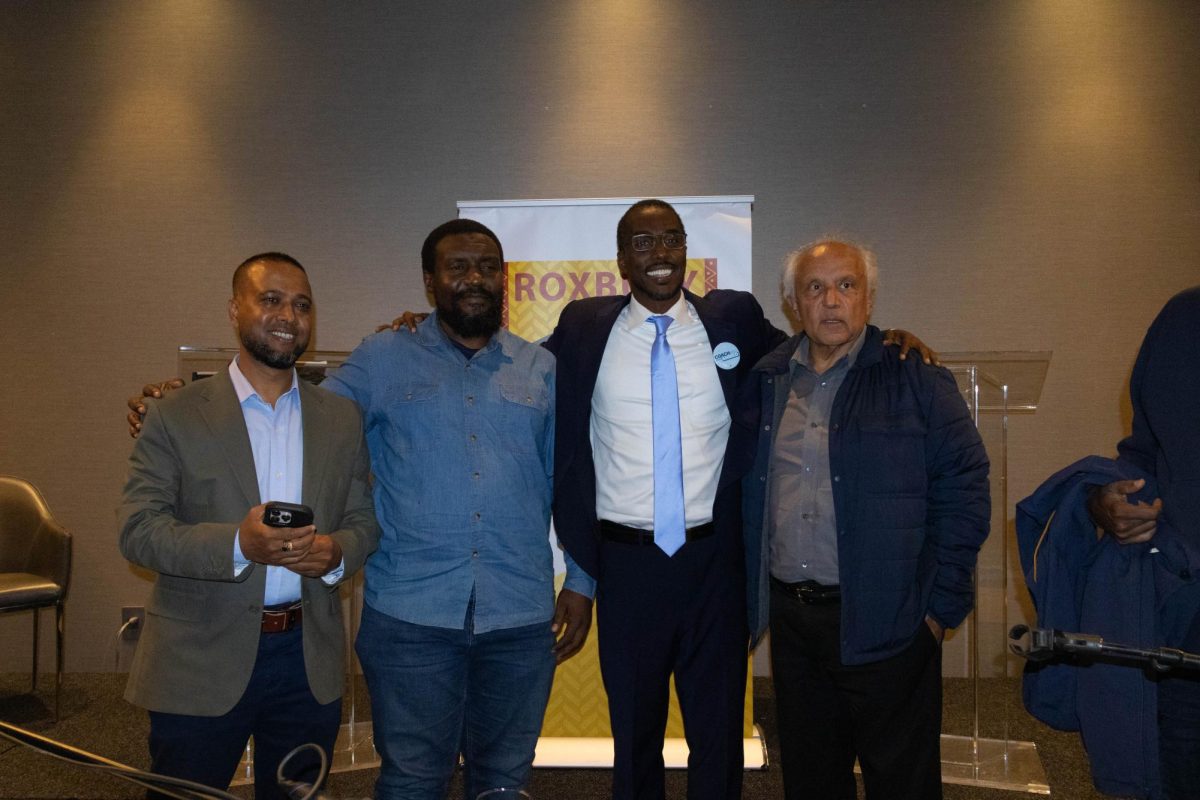
In the vein of community health, candidates were asked to speak on how to improve the health and wellness of their district. The moderators stated that Roxbury has disparities in life expectancy and life outcomes compared to the rest of the city and asked the candidates to discuss the policies and investments they support to address these issues.
Ahmed fervently advocated for bike lanes throughout the district, acknowledging that some residents may find this plan controversial. He also mentioned addressing the air pollution in Nubian Square, resulting from it being a hub of public transportation in the city, but did not explain how he would do so.
Culpepper spoke about eating habits and the lack of affordable, healthy food options in the district. He mentioned that he would like to create more community gardens to bring fresh food to people’s tables and work to maintain pharmacies and health centers throughout District 7.
When it came to reparative justice, both candidates talked about their personal experiences as members of the Roxbury community and supported creating an office of reparative justice. Culpepper brought up a “gentrification neutralization plan” he intends to implement if elected.
The moderators alluded to the federal corruption charges against former District 7 city councilor Tania Fernandes Anderson and asked about maintaining public trust. Ahmed said that trust comes from transparency and wants to set up an office within the district where constituents can have their grievances heard. Additionally, said he would host bi-monthly community meetings. Culpepper pointed to his previous role as a government ethics official for Boston and emphasized the value of having an ethics commission. He said he would advocate for establishing an ethics committee in District 7.
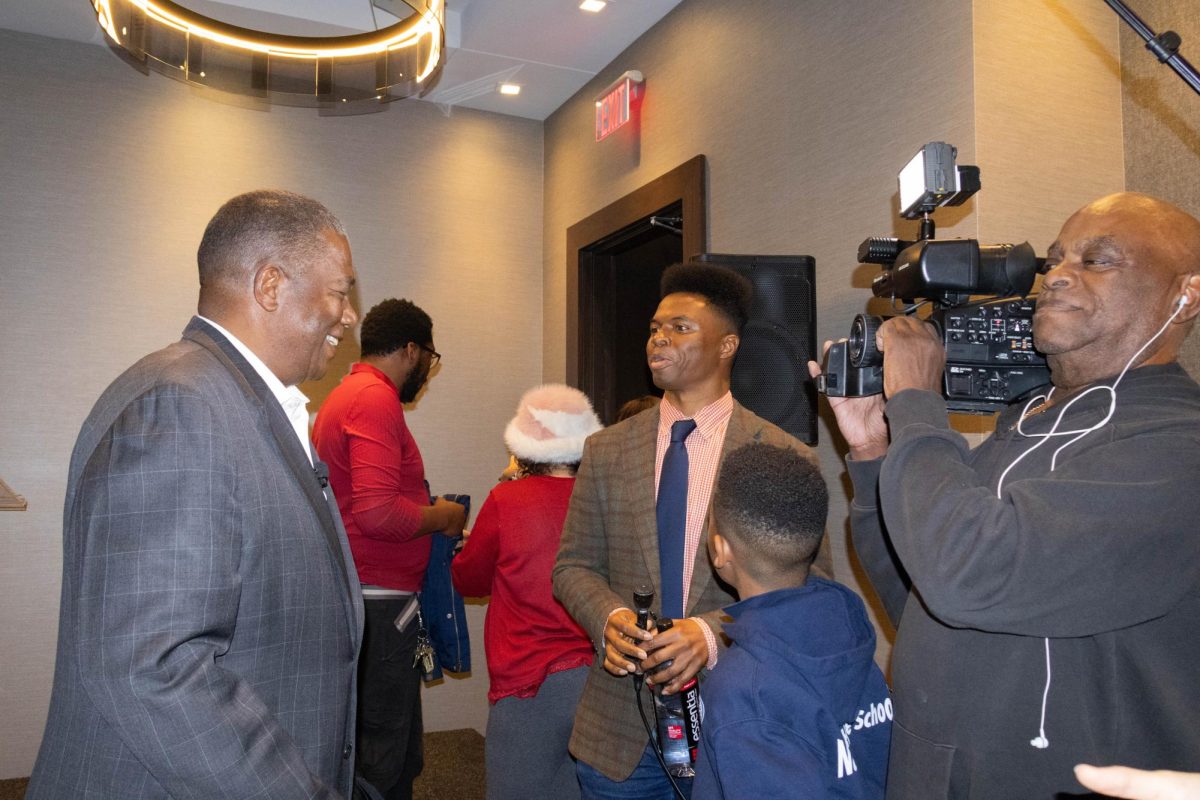
Each candidate gave a closing statement. Ahmed described himself as a young “go-getter” and said he wants to give back to the community that raised him. Culpepper drove home his years of experience, stating he has the knowledge and commitment to continue fighting for everyone.
The room was packed, with every seat filled and people standing at the edges for the entire debate. After the debate, both candidates stepped off their podiums and hugged one another, then stuck around to greet and mingle with the attendees.
“I think [the debate] went great,” Culpepper said in an interview with The Scope, “I’ve been debating all my life. I was a trial attorney, and tonight I was just pleading my case, and these folks here were the jury.”
Ahmed shared a similar disposition. For him, it was a session that was indicative of the identity of the neighborhood.
“The debate went very well; it was a reflection of Roxbury’s identity … I showed different groups of the community what I bring to the table,” said Ahmed.
William Watkins, the VP of programs and partnerships at the Urban League, which co-coordinated the debate, described it as “informative.”
“I think we had a very lively discussion this evening about the different issues and concerns that are happening here in District 7,” Watkins said.


